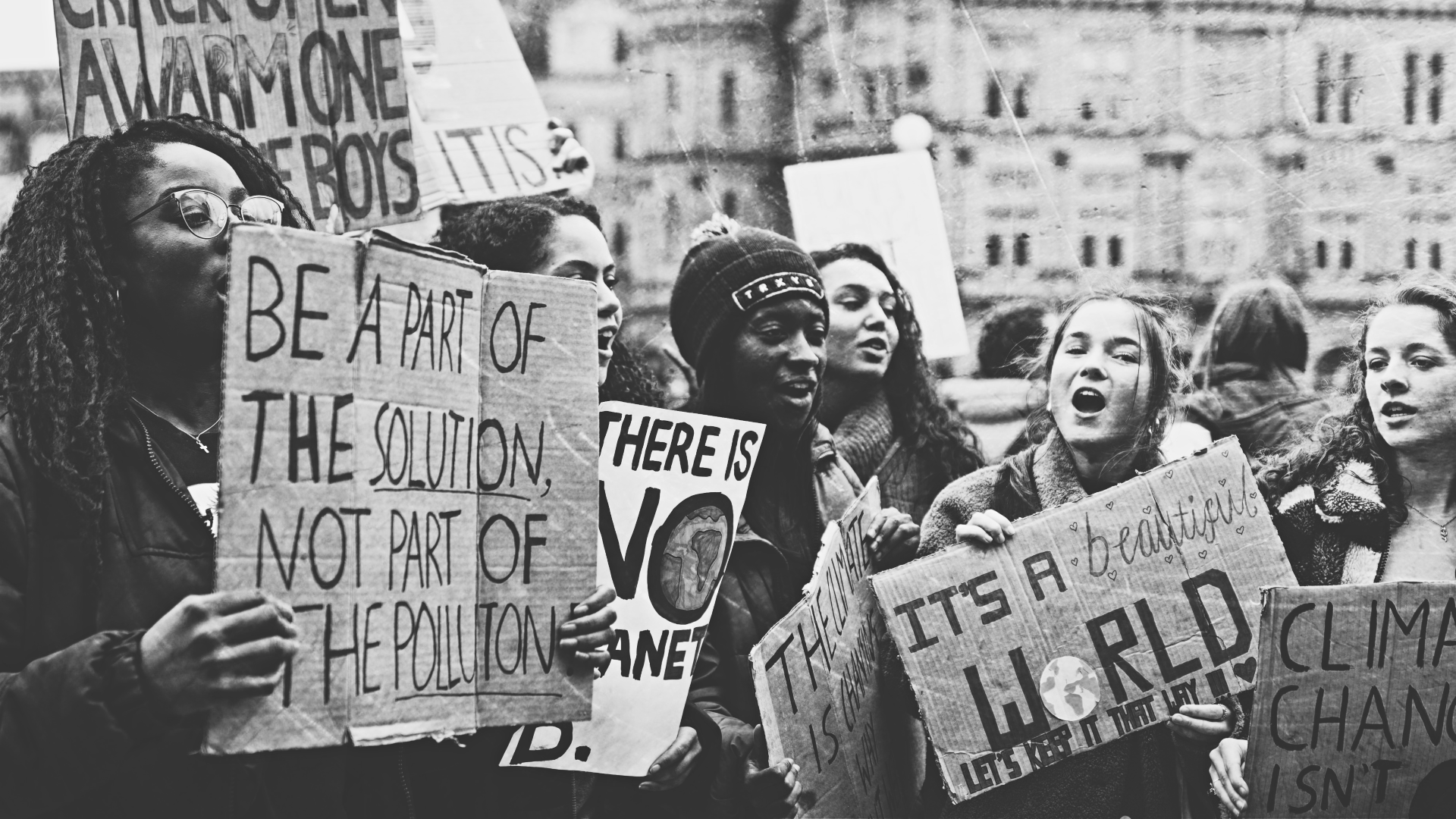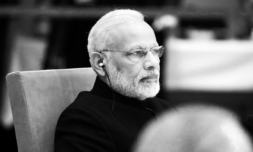While Gen Z is undoubtedly the most eco-conscious generation to date, a new report suggests many young people are concealing their views on climate change through fear of being judged or getting facts wrong.
Unlike many a generation which came before, a lack of motivation isn’t the problem when it comes to Gen Z and wanting to solve the climate crisis.
On the contrary, a new report from Virgin Media O2 and Global Action Plan suggests a desire to be overly informed – and not to spread misinformation – may be causing a hesitancy among some younger would-be activists.
Recently, a pool of over 2,000 young people aged 16-24 took part in a survey headed up by the telecommunications giant about any climate change concerns they may have been having.
What the results demonstrated, is that the introspective (and insecure) nature we’ve come to associate with Gen Z – particularly through studies on the mental impacts of social media – very much applies within our innate desire to protect the planet.
Though it has been established as a very real phenomenon, in this instance we’re not talking of eco-anxiety, but more the social aspects that come with campaigning or spreading awareness.
Specifically, the survey found that 25% of participants hold back from talking with friends about climate change through fear of being judged. 24% attribute this to avoiding coming across as hypocritical considering their own lifestyle vices.




















